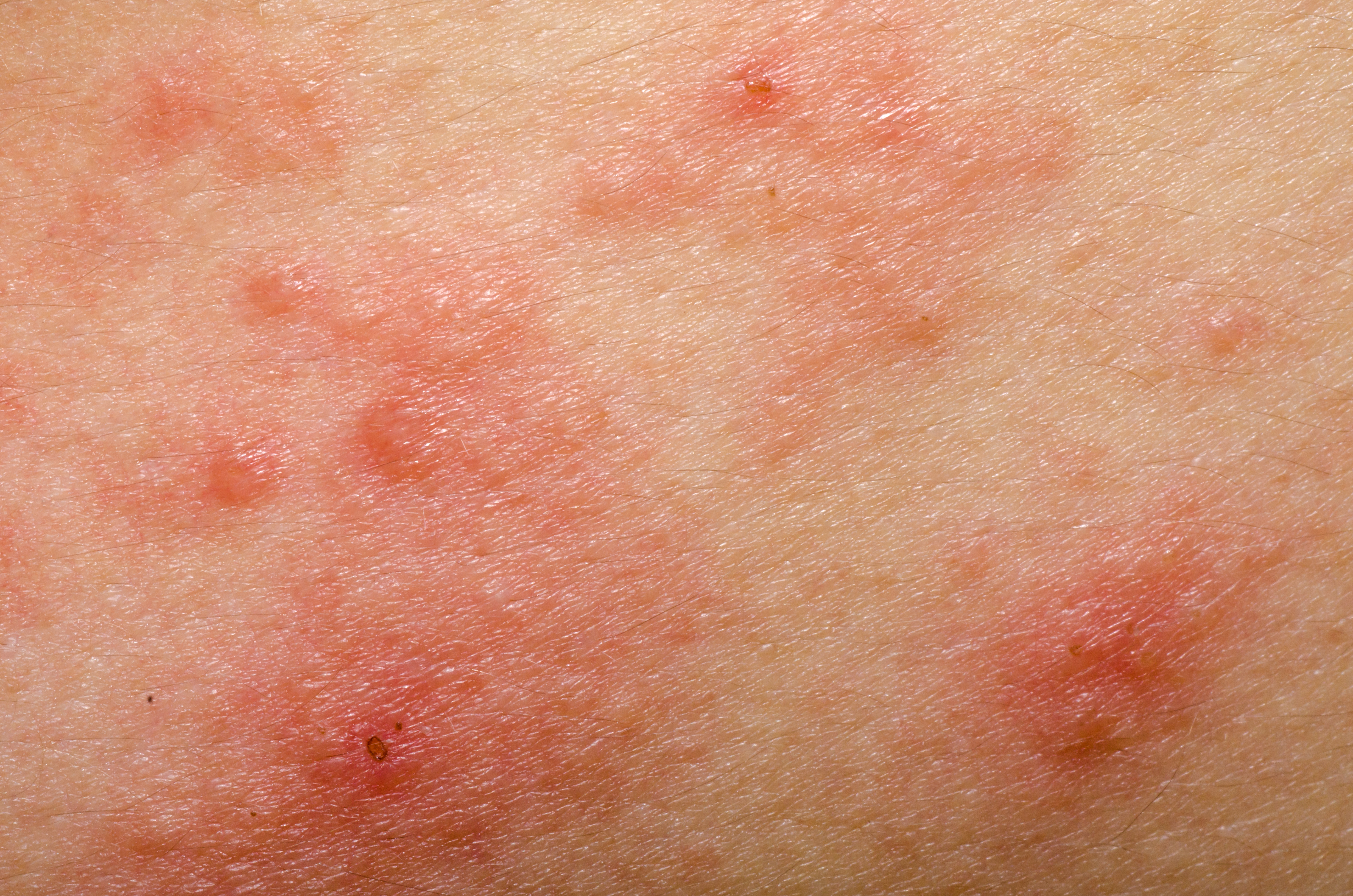The winter. It is my second favorite season. I look forward to big fluffy snowflakes falling from the sky and the crisp, fresh air. But along with those fun seasonal moments is the possibility of dreaded eczema flare ups.
I haven’t had a flare up in almost five years, but this year has been the worst. As I type, my upper body is dotted with itchy, red eczema patches. I hope my personal knowledge can help someone dealing with eczema.
What is Eczema?
Eczema is a skin condition that causes inflammation to the skin. As a result, the skin will become itchy, red, and dry.
On my body, eczema can appear to be scaly and be patchy like a rash. If you have a darker complexion, the patches may not appear red, but as a dark brown color.
It is very important for you to not scratch your skin once you recognize the symptoms of eczema. Scratching will only worsen the condition.
While some people struggle with chronic eczema (and my heart goes out to you), my case is a seasonal and mainly flares up in the colder months due to the lack of humidity and my constant dry skin.
Causes
There are various causes of eczema. Below are the most widely known ones:
- Dry skin
- Cold, dry climates
- Stress
- Heat and sweat
- Scratchy fabrics against the skin
- Laundry detergents
- Dry heat in the home
- Hot showers
It is highly recommend for you to avoid these causes. If you have naturally dry skin like me, then you will need to moisturize your skin frequently, especially in the winter. The winter lacks humidity where I live so it only exacerbates my skin condition.
In my household we use the heat from a wood stove and electric heat to warm the house – depending on the day. I have found electric heat to be the worst if you are dealing with eczema.
In my case, hot showers, not moisturizing my skin enough, and the dry heat in the house caused my eczema to flare up. Never again!
Treatment
If you are experiencing eczema for the first time or if it is very severe, it is best to go to a dermatologist.
If your flare up is not severe, then over-the-counter creams, lotions, ointments, bath oils and emollients can be very useful. Using these skin moisturizers should be considered essential as they rehydrate the skin, keeping it well moisturized and less likely to be irritable, dry and cracked.
Some other treatments for eczema include hydrocortisone, oral antihistamines, corticosteroids, and phototherapy. However, the last two methods mentioned may be used after consulting with a doctor.
Dealing With My Flare Up
I have been using Neosporin Eczema Essentials for a few days now. It has relieved my skin of itchiness and redness, but it must reapply this cream every day.
I bought this cream with my own money because it stated it would “restore visibly healthier skin in 3 days”. So far, so good. My skin is also noticeably softer and less itchy after applying. I plan to update this post with my results on this cream once my flare up is over.
To also deal with the symptoms, I have been taking only cool or lukewarm showers, moisturizing multiple times a day, using a humidifier, and keeping the electric heat to a minimum.
Do you have eczema? Feel free to share some tips below on how you cope with it.
If you would like to send financial support, please give back to Virgo Philosophy here. Or send money to our Cash App: $MIHMedia. No amount is too little. We are thankful for every dollar.


